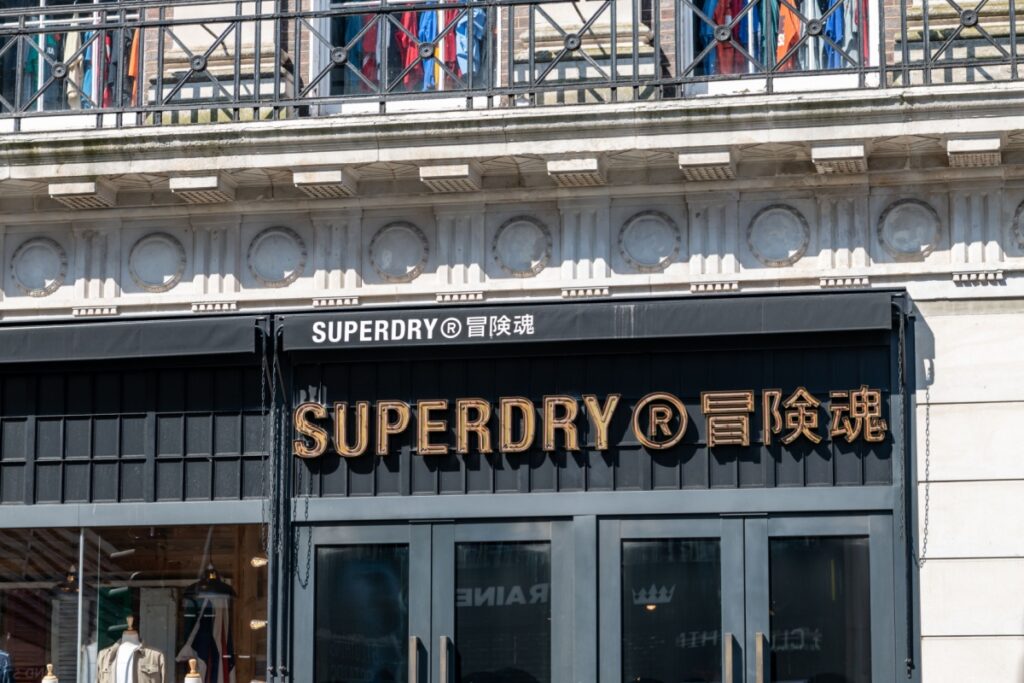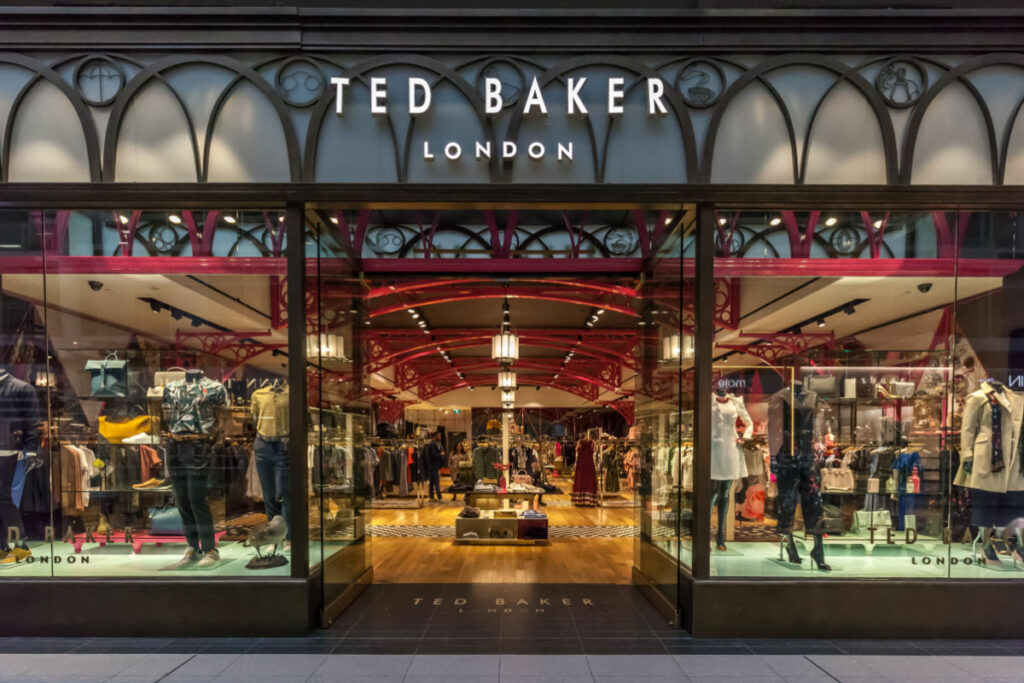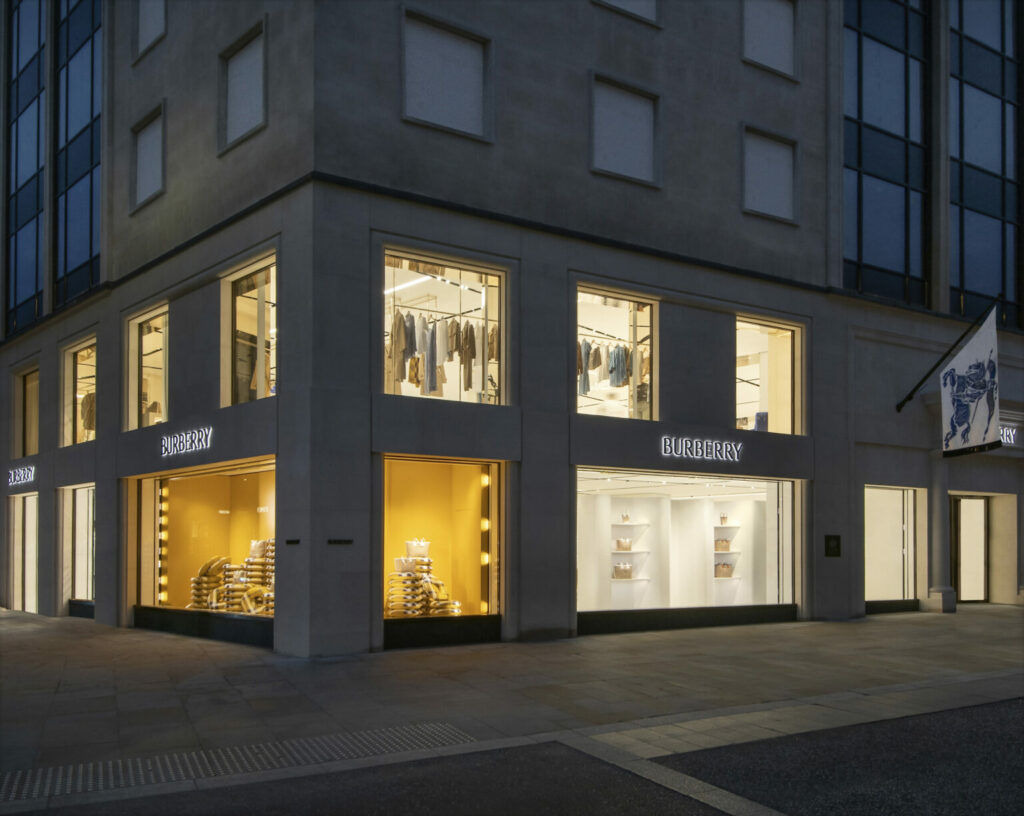On the one hand, it may seem worthwhile for retailers to launch a rental scheme in the midst of millennials wanting new clothing to instantly post on Instagram.
On the other hand, higher price points and fewer opportunities to wear occasion and formal clothing are deterrents for consumers to buy into this category – so renting can be an attractive alternative for price-sensitive shoppers.
But just how viable is a rental scheme for retailers?
Dr Kerstin Carolin Braun, president of financial institution Stenn Group, said a rental service can be viable for retailers “but it’s better to look at it as an additional revenue stream rather than the entire business”.
“Beyond apparel, there’s a natural market for event-related goods, such as holiday or party decorations, home furnishings and even technology items,” she told Retail Gazette.
“Retailers need to pay close attention to how the subscription model is structured.
“At the end of the day, people still want value, not forced consumption. Not everyone spends £100 on clothes each and every month.”
Naeem Arif, the vice chair of the Midlands Retail Forum, said a rental service would be viable for certain retailers only.
“It will only work where the value of a product does not diminish much, once it has been used. The product must be fit for purpose,” he said.
Arguably, renting fashion from a fast fashion retailer may not be as viable due to cheap quality, although renting from a mid-market or premium retailer could inevitably result in higher costs.
In late September, menswear retailer Moss Bros recorded an uplift in overall revenue despite flat underlying profits at the half-year mark due to a decline in its hire sales.

Arif said Moss Bros experienced the decline not only because it was offering a rental scheme, but it was also selling dinner wear at competitive prices – so “customers are making the decision to purchase an outfit as the cost is the same to rent it three or four times”.
Peter Wickes, senior vice president corporate of merchant solutions at Worldpay, said the shift in consumer habits was redefining the retail industry and catalysing the successes of rental, resale and refurbishment models.
“Offering a rental service diversifies shopping options for consumers”
However, he said retailers’ decisions depended on the customer base and how they want to shop.
“Offering a rental service diversifies shopping options for consumers, but if the customer base isn’t interested in this style of shopping, it’s resource that could be invested elsewhere,” he told Retail Gazette.
“Retailers who leverage consumer spending intelligence can better inform their decisions around investing in rental services – for example, those experiencing a high level of payments through buy-now-pay-later schemes like Klarna may consider this as indicative of a consumer base wanting to try before they buy.”
Another reason why rental schemes could be a viable option for retailers is that millennials, who are highly skilled at digital, would be more willing to spend their money to wear different clothing items each day.
Braun said rental services suit them because “they want quality items but can’t afford them”.
“Millennials are a generation that shop online instead of in stores, and move frequently and don’t want to accumulate a lot of possessions,” she said.
“They follow the idea of ‘more is less’ – they’re happier when the choices are narrowed down for them, assuming that the choices fit their lifestyle and outlook.
“Retailers need to take a hard look at whether their brand appeals to this demographic. Rent the Runway boomed by renting designer dresses and have added upscale casual clothing.”

However, like any new initiative, rental schemes come with a risk. One of those is that disruptions in deliveries could cause chaos, and an example is the recent turmoil which online rental service Rent the Runway faced.
Rent the Runway’s head of supply chain Marv Cunningham stepped down at the end of September 2019 following a torrent of customer complaints over missed and late shipments.
“A rental service offers consumers a new way to engage with a brand that could deepen loyalty and potential long term sales”
To halt the chaos, the company said it was not accepting any new subscribers until October 15 in order for it to “focus on current customers”.
Moreover, rates of returns have increased as customers notoriously buy clothes to wear once and then return, therefore a rental scheme could be a viable option for retailers to consider.
In April this year, online fashion retailer Asos said it would crack down on “wear and return” customers by suspending accounts if it suspects customers are wearing clothes before returning them, or returning too many items.
It’s arguable whether the initiative would prompt customers to be cautious on spending, but it could result in customers snooping elsewhere to carry on their business. Accordingly, this is where a rental scheme would play a beneficial role for the retailer.
Wickes believes that no matter what, for shoppers, it’s all about convenience.
“The rapid growth of ecommerce is testament to this, demonstrating the drive for shopping anywhere, anytime, on any device,” he told Retail Gazette.
“A rental service is an extension of this: it offers consumers a new way to engage with a brand that could deepen loyalty and potential long term sales.
“Much like how click-and-collect helps get consumers in-store, rental schemes may drive a sale down the line, or encourage a wider range of purchases.”
Moreover, as millennials are also particularly concerned about ethical and environmental issues, a rental scheme is surely a benefit to retailers because swapping clothing reduces the volume of waste that ends up in landfills.
According to a Deloitte study of more than 13,000 millennials globally, 42 per cent said they had initiated or deepened a relationship with a retailer because they believed it had a positive impact on society or the environment, and 37 per cent said they would back away from a company they perceived to be behaving unethically.
Although there seems to be more pros than cons when it comes to retailers embracing rental schemes, the initiative still has a long way to go until consumers fully accept retailers launching their own rental service.
With Rent The Runway’s late deliveries causing disruptions, and fast fashion retailers questioning whether their clothes are fit for rent, rental services may be the norm in the distant future.
Click here to sign up to Retail Gazette‘s free daily email newsletter

















